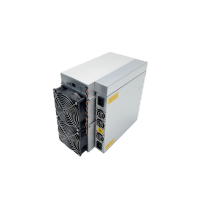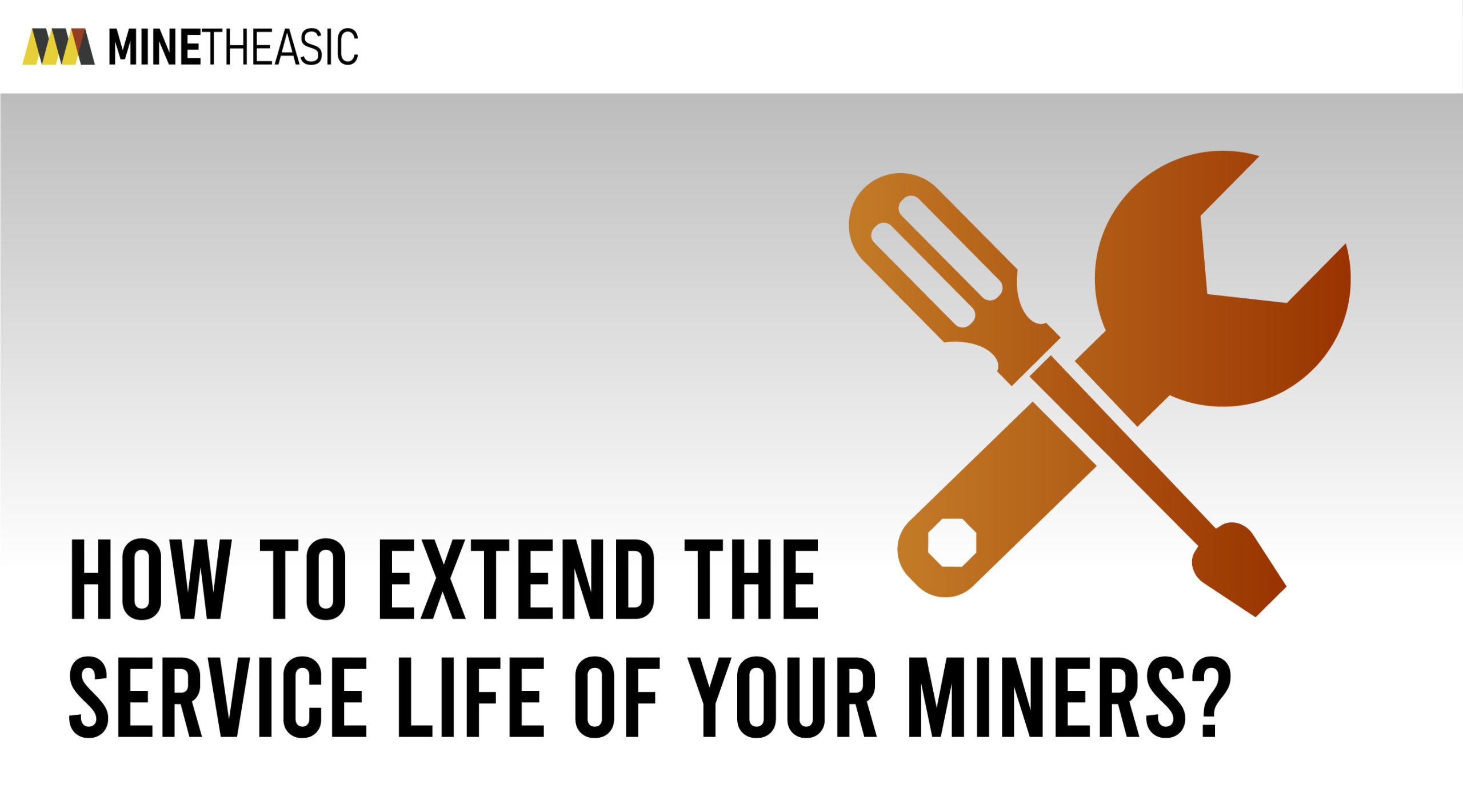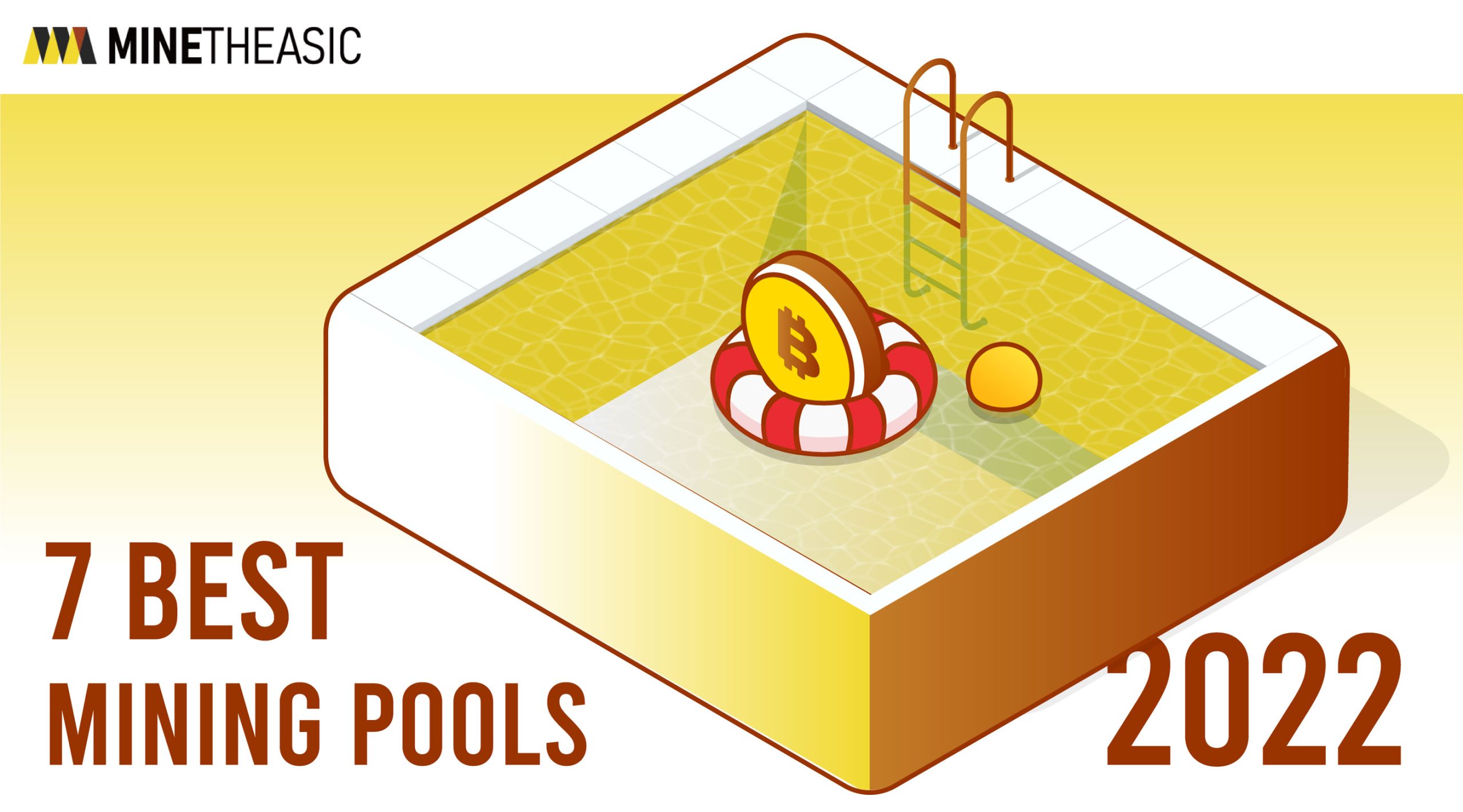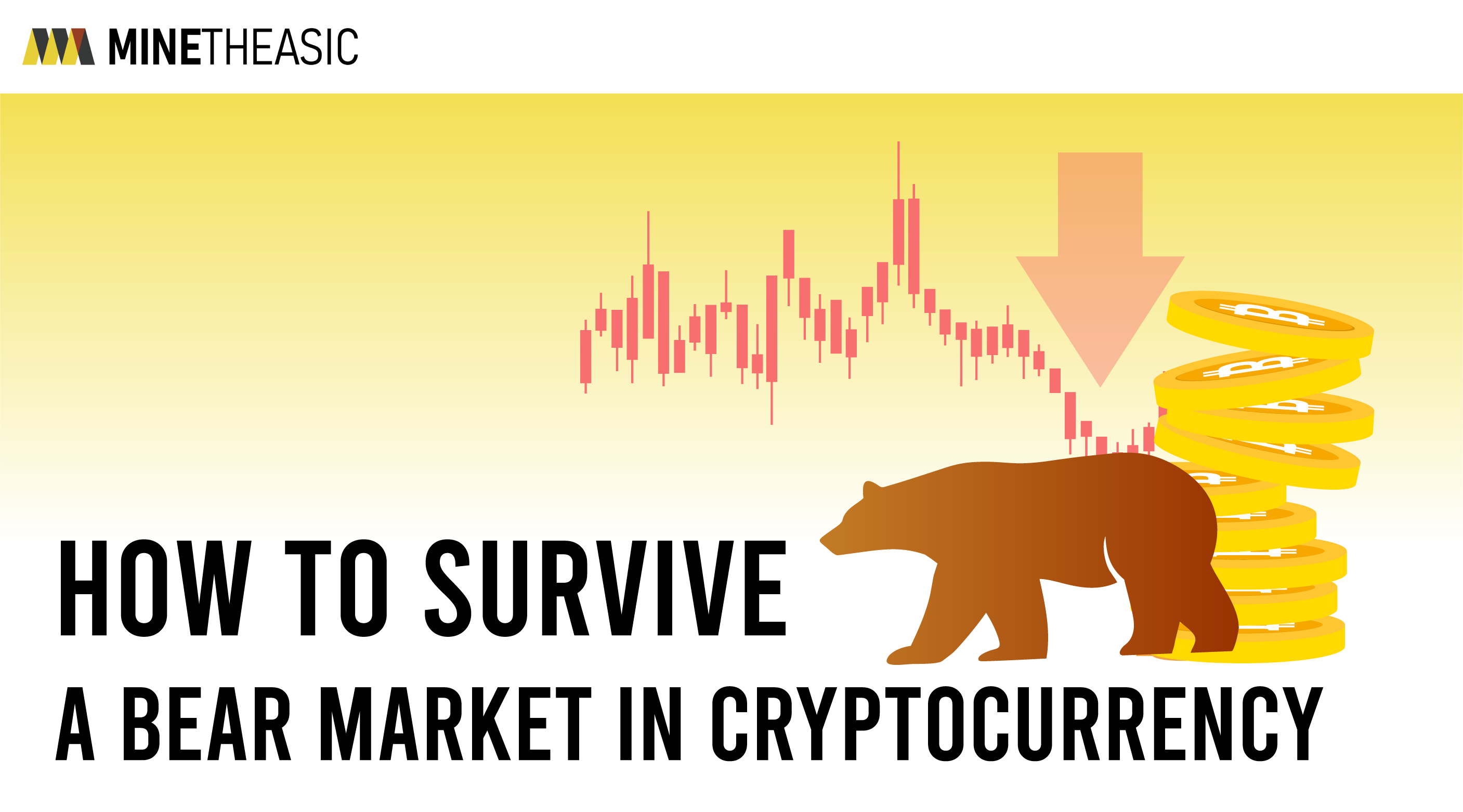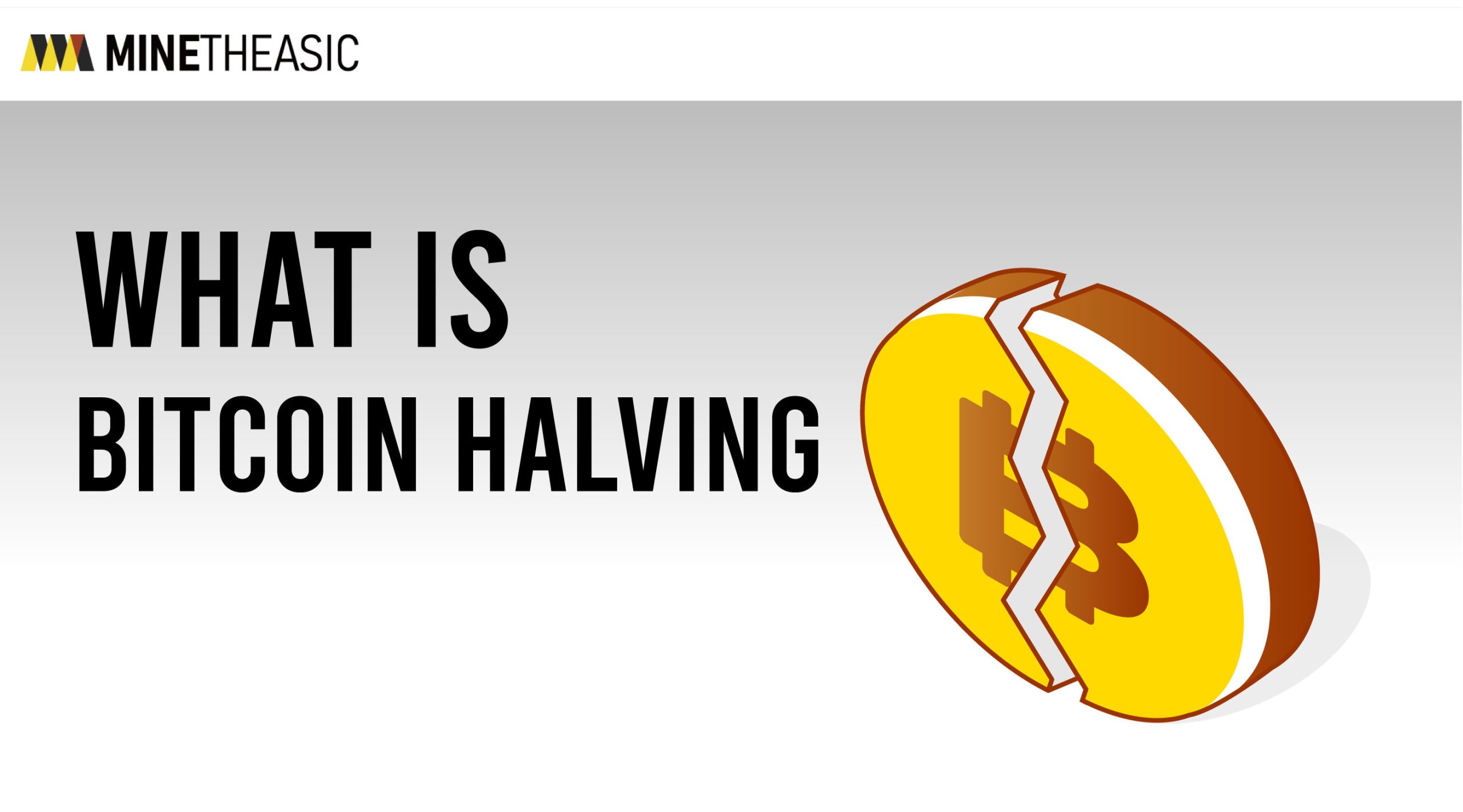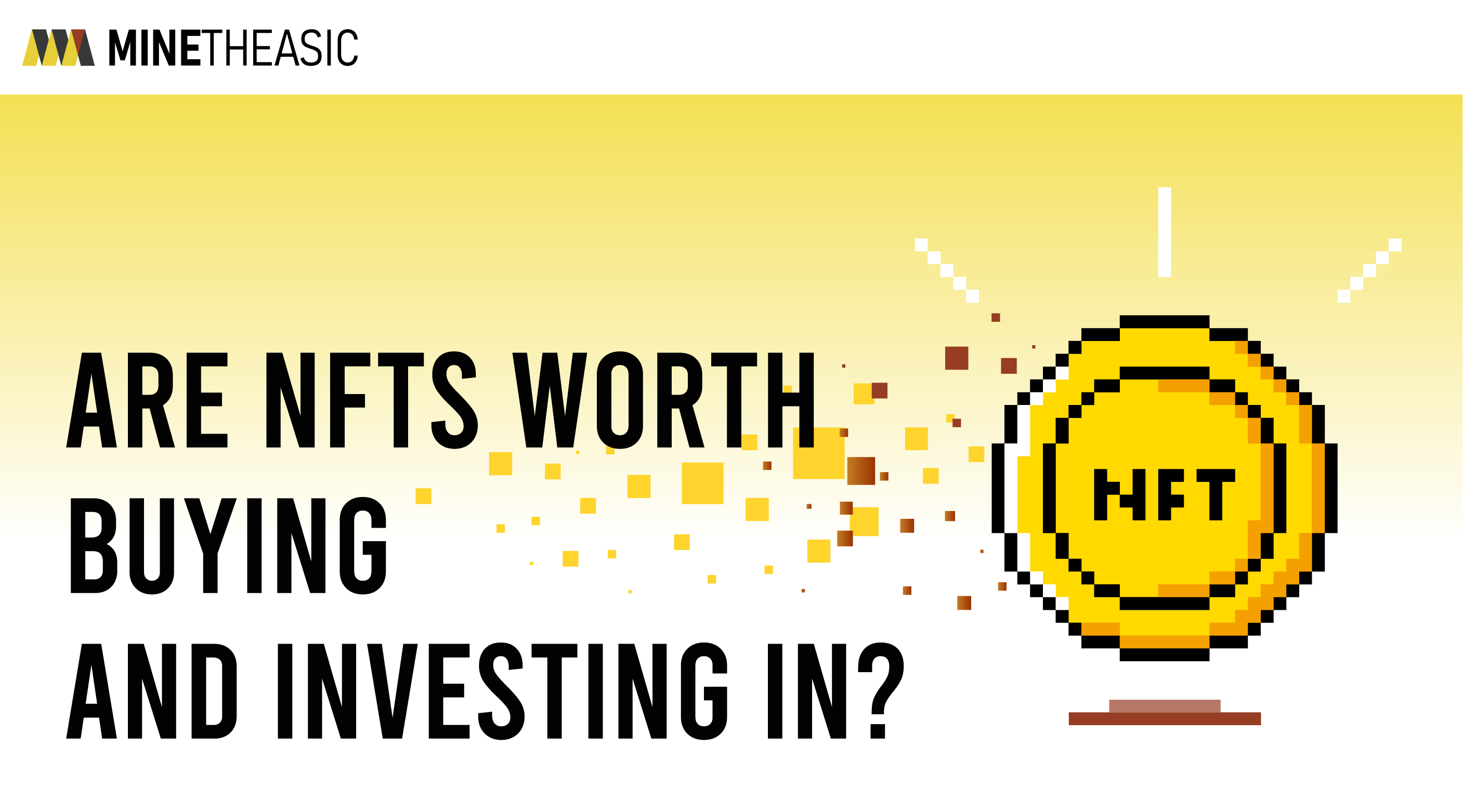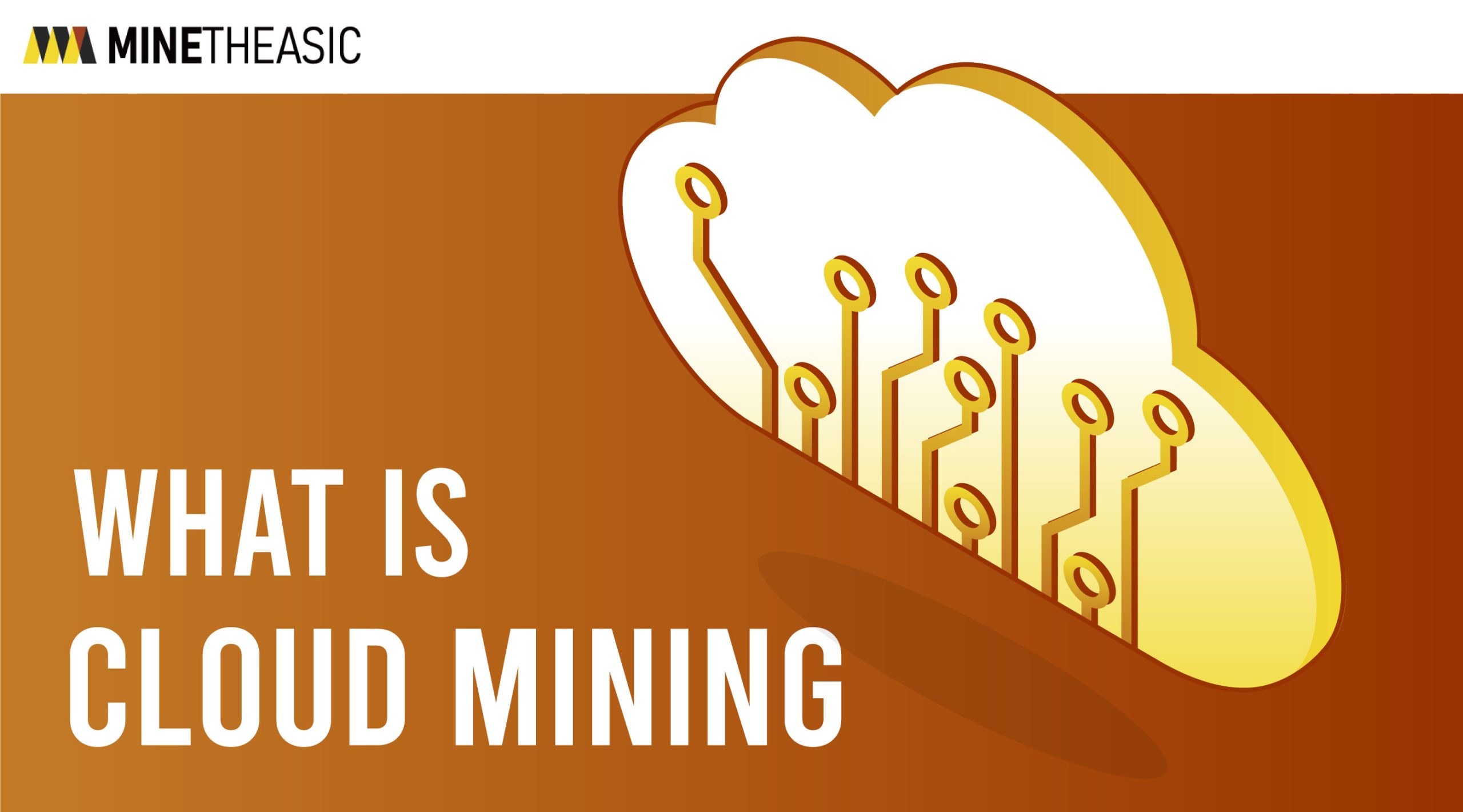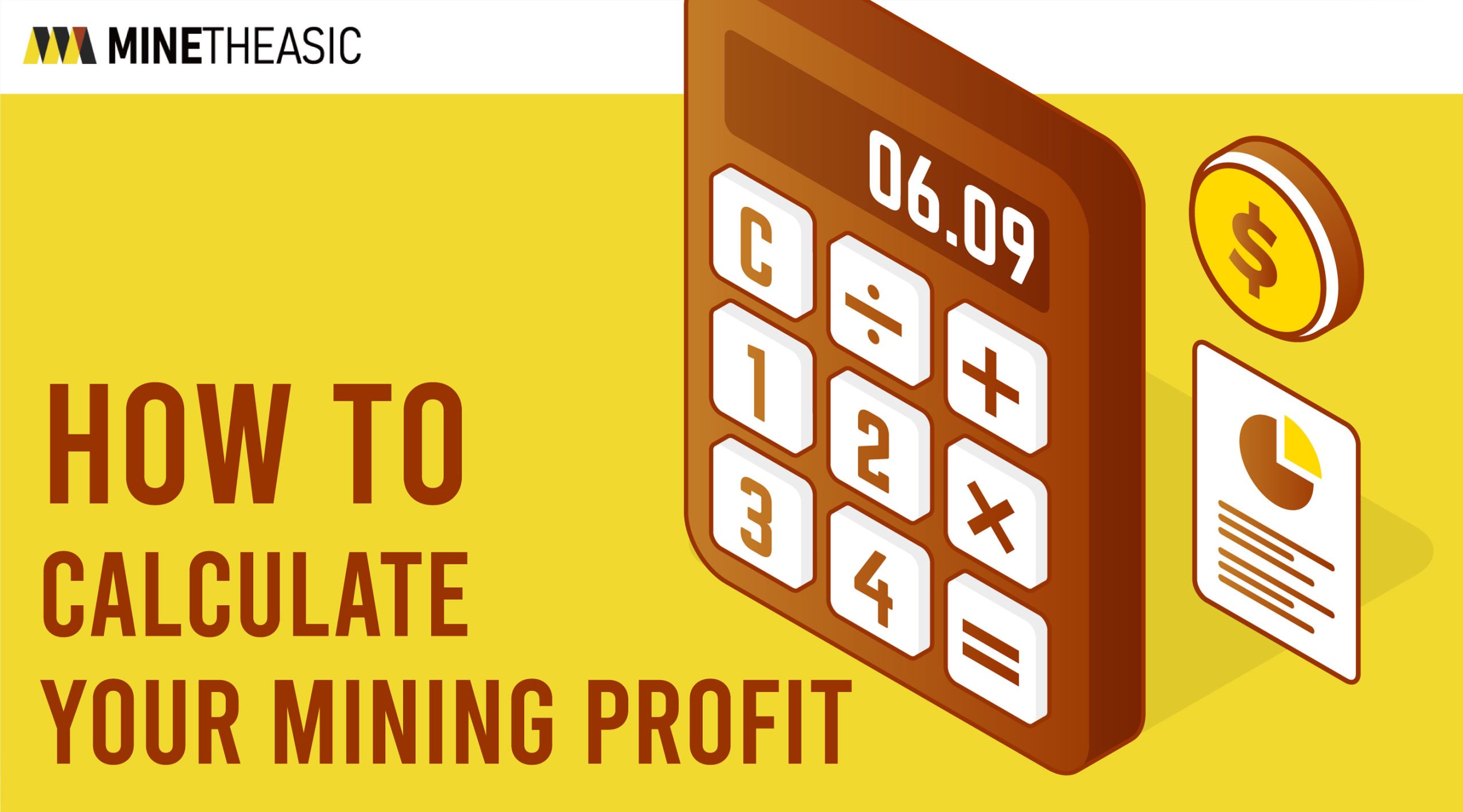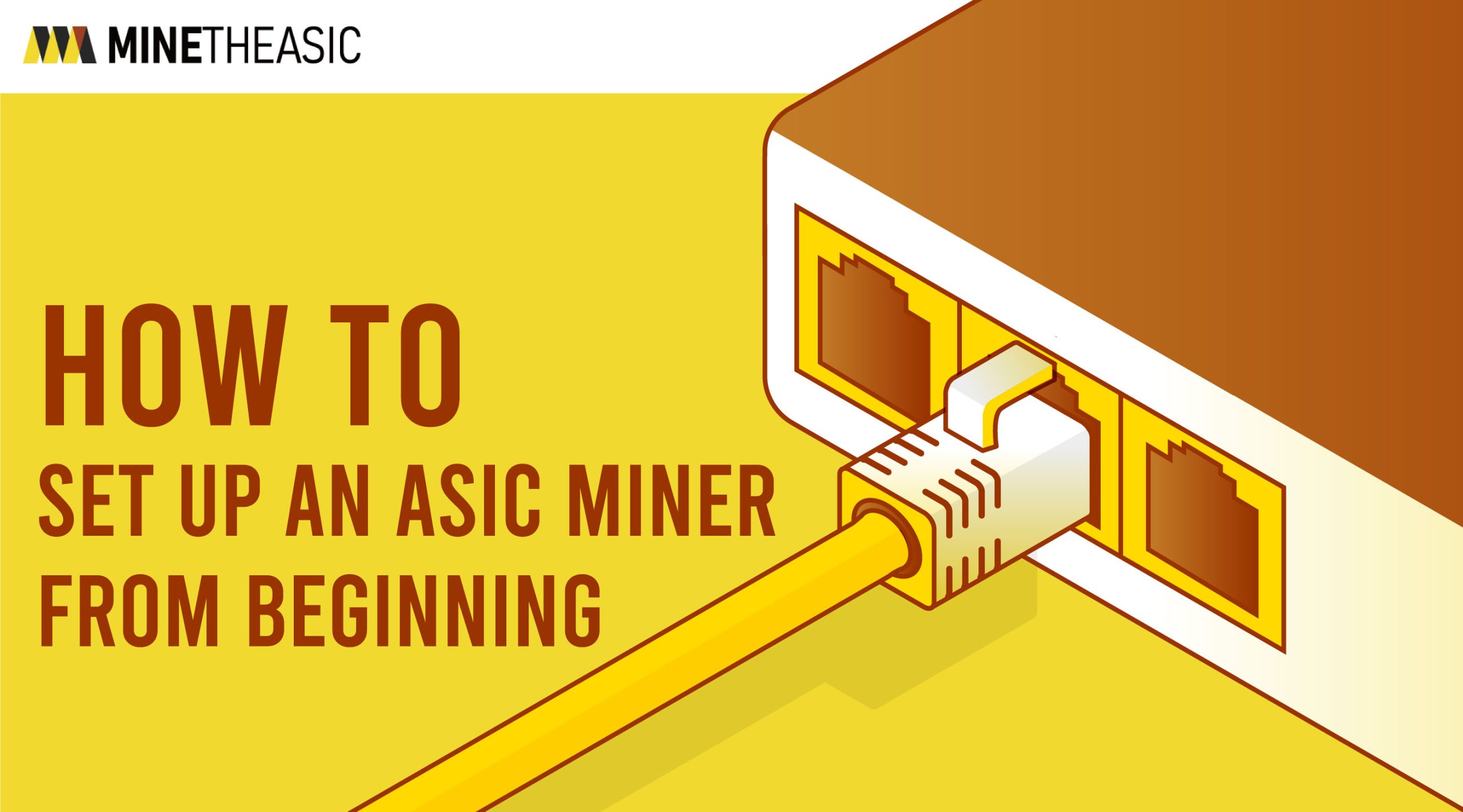Did you know that 16% of Americans have invested in cryptocurrency so far?
The future of cryptocurrency as an alternative to faulty fiat is undeniable. It’s rising in popularity because it’s anonymous, secure, and easy to use. It’s versatile, allowing you to store it online in a hot wallet, or entirely offline in a cold wallet.
Wallets, in the common sense, refer to a place for your cash and credit cards, but cryptocurrency wallets function very differently in principle. They’re a feature of blockchain technology that facilitates transactions and keeps your cryptocurrency safe from hackers.
If you don’t fully comprehend the concept of a wallet or how to keep your crypto safe, look no further. Keep reading for everything you need to know.
What Are Public and Private Keys?
Hot Vs. Cold Wallet, Custodial Vs. Non-Custodial Wallet: What’s the Difference?
Choosing the Right Option for Your Crypto Wallet
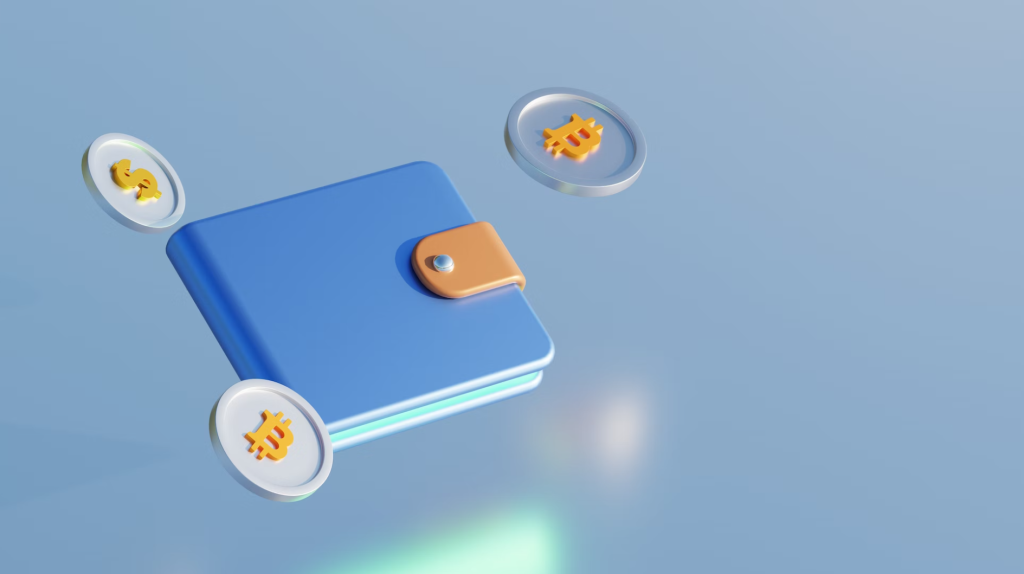
What Is a Crypto Wallet?
As you likely already know, the blockchain is a public ledger of transactions and balances. The parties involved in all of these transactions are encrypted, as are the balance amounts. You need a way to read those transactions to determine to whom the crypto belongs before you can facilitate transactions.
This is where wallets come in. Wallets help to decrypt and encrypt data between two parties to keep transactions anonymous and secure.
It’s important to recognize that wallets don’t actually “store” anything. All a wallet is doing is decrypting a section of the blockchain, then changing the amounts of two accounts when the next block is written. Your wallet is not stored somewhere on a server, filled with digital Bitcoin that you can retrieve.
These wallets also enable using decentralized applications and other blockchain-specific technologies. Put simply, your wallet is more than just a place to store your crypto. It’s your key to interacting with the blockchain-enabled world.
To access your wallet, you need the proper credentials. The only way to recover a crypto wallet if you forget the password is with a seed phrase, which functions as a sort of “recovery key.”
This means that if you lose the credentials to a wallet, it is effectively lost forever. Just ask James Howells, who mistakenly discarded the hard drive with his cold wallet.
How Crypto Wallets Work
When you initiate a Bitcoin transaction, the process is easy and happens automatically. But under the hood, it requires a few things.
- The address of the sender’s wallet which contains the Bitcoin they want to send
- The address and public key of the recipient
- The amount that the sender wants to send
All of this happens with the help of miners, who process transactions to keep the ledger updated. They use your signed transaction to decrypt your funds where they are located on the blockchain. Then they transfer these funds to the recipient and update the blockchain.
What Are Public and Private Keys?
Encryption works using a public and private key. This is standard practice in cryptography and is what allows you to perform many different types of secure transactions on the internet. These keys, as the name implies, are able to unlock your wallet (decrypt it) to perform transactions
Every crypto wallet has a public and private key. The public key can be shared without compromising the integrity of the account. The private key, on the other hand, is known only to the user and can decrypt your wallet.
When you initiate a transaction, you share your public key and then sign the transaction with your private key. This allows the information to be sent securely to the recipient, who can then access it for their own use. This process is automatic and makes it virtually impossible for hackers to intercept the data.
Hot Vs. Cold Wallet: What’s the Difference?
There are four types of crypto wallets in two different categories:
- Hot wallet or cold wallet
- Custodial wallet or non-custodial wallet
Your wallet will be one of each; hot or cold, and either custodial or non-custodial. Let’s dig into the differences between them.
Hot Wallet
A hot wallet is often used and stored with a third-party app. This makes it easy and convenient to access and use your crypto. You don’t need to store it on your device and can access it from anywhere.
However, hot wallets come with the same risks as any online account. Hackers can steal your password and gain access to it. It’s advisable not to store large sums of crypto on a hot wallet.
Cold Wallet
A cold wallet is the opposite, a wallet that you store entirely offline. This is often a hardware wallet, such as a hard drive, which contains your public key, private key, and seed phrase. If you want additional security, you can even print a wallet or engrave it in a set of plates for safekeeping.
Cold wallets are inherently more secure since hackers have no way of accessing them. That said, cold wallets are vulnerable in their own way. If you lose a hard drive, or it gets destroyed, you lose the wallet.
As a rule of thumb, it’s good to have both. Many people have a hot wallet and a cold wallet. You can transfer money from your hot wallet to your cold wallet whenever you need crypto, keeping the majority of your funds safe.
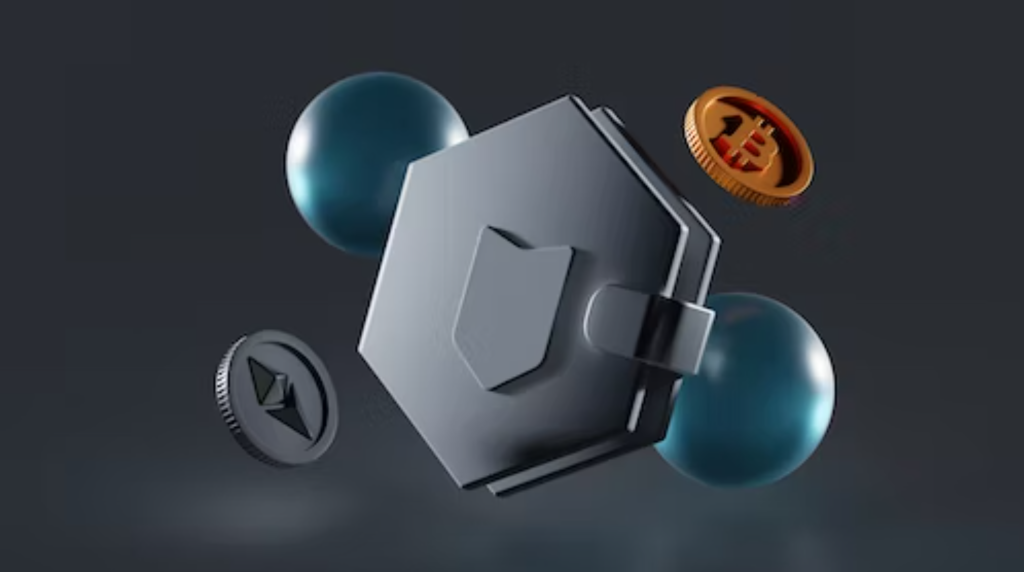
Custodial Vs. Non-Custodial Wallet
Custodial Wallet
A custodial wallet is a wallet that you use through a third-party service, such as Coinbase. In this scenario, that third party has full access to your wallet. They know your private key as well as your seed phrase.
The benefits of crypto wallets owned by a third party are:
- Ease of use
- The onus of security is on the organization, not you
- Backups and strong enterprise security to protect your wallet
However, this option is not attractive to all and comes with significant downsides:
- You have to trust that your organization will keep your wallet private and safe
- You have no control over their security measures
It really depends on which crypto exchange you choose to secure your funds. Some will take extra precautions and store all user funds in cold wallets. They may require extensive security measures, such as securing your account with 2FA and biometric authentication.
Non-Custodial Wallet
A non-custodial wallet, like a cold wallet, is fully in your control. Benefits include:
- You have unadulterated control of your own funds
- You don’t need to trust a corporation to keep your funds safe
However, like a cold wallet, there are significant drawbacks:
- It requires being technically savvy
- You are fully responsible for your own security
- If you lose the funds, no one can recover or retrieve them for you
Non-custodial wallets are for the power user. While more technically challenging to use, this gives you unabridged control of your money. You can employ much higher security standards this way without having to trust a company.
Choosing the Right Option for Your Crypto Wallet
There are a lot of third-party providers to choose from if you want a crypto wallet. Of course, you can also choose to do without them and maintain your own cold, non-custodial wallet.
Let’s discuss a few things to be on the lookout for when choosing a hot, custodial wallet service.
- Multi-factor authentication: you need to secure your account with 2FA to prevent people from logging in with just a password
- A wealth of security features: the best services put multiple layers of security and features at your disposal, including things like cold storage
- Zero-knowledge security: some services use end-to-end encryption so that not even hackers can access your funds in a breach
- Recovery options: choose a service that provides a secure way to recover your account or funds
- Independent audit: an audit is when a security expert verifies that your chosen company follows best security practice
- History: avoid exchanges with a history of security breaches
Tips for Crypto Wallet Safety
Last but not least, let’s go over some ways you can observe best security practices with your own funds:
- Use a password manager to generate strong passwords for your wallet
- Always keep multiple backups of your wallet in cold storage
- Store your backups in safe areas that aren’t prone to damage or theft
- DO NOT lose or forget your seed phrase, since this is your recovery key
Use good judgment when on the internet. Never give away your private key, download suspicious files, or open suspicious emails. Do your research on any organization you plan to entrust your wallet with.
Make sure to correspond with your hot wallet provider through official channels. For example, don’t click on an email link for a password reset that you did not request.
Be very careful which people you trust with your wallet. Cryptocurrency scams are quite common.
Mine With MineTheASIC
Now that you understand the basics of how crypt wallets work, you’re ready to dive into the cryptosphere. Remember to practice the highest security standards with your wallet when online. Know the risks that you take when not using a cold wallet, and when trusting your information to a third party.
Minetheasic is your go-to resource for mining at home with an ASIC rig. Check out our website and learn how you can become an ASIC miner from zero.
